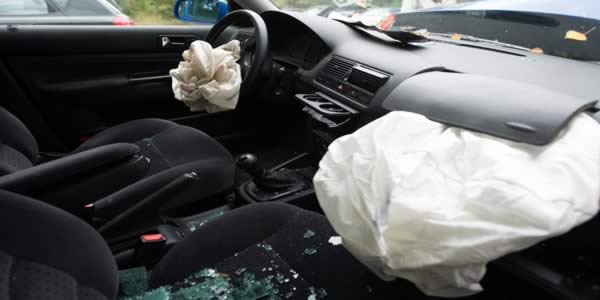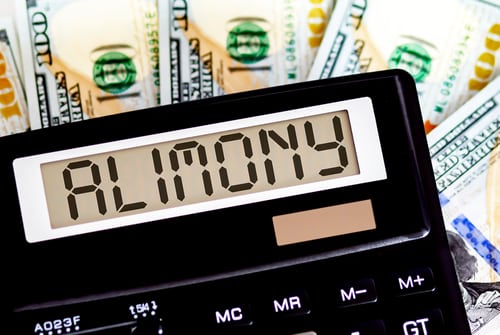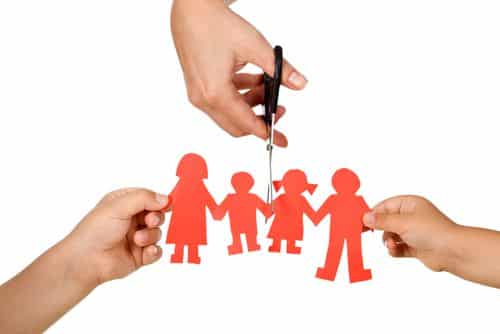Oftentimes, a small “fender-bender” type accident does not require the services of an attorney, particularly where there is no personal injury and little property damage to the vehicle. However, serious auto accidents require the guidance of an experienced attorney. For example, sometimes the driver who caused the accident is not insured or does not have enough insurance to pay for all the damages. In these circumstances, it takes an experienced lawyer who is familiar with South Carolina’s insurance laws to figure out whether there is additional insurance coverage such as uninsured or underinsured motorist coverage or whether there is insurance coverage available from another source.
Even cases which seem simple may not be settled fairly. Insurance adjusters are trained to deny claims and reduce payments to injured persons. For example, insurance adjusters regularly take recorded statements of an unrepresented persons so that they can later used this statement against them. Also, insurance adjusters frequently trivialize a person’s injuries when there is not a significant amount of damage to the vehicle. When an insurance company tries to deny a claim or pay far less than what a victim is due, our lawyers work hard to fight for that person’s legal rights and to get them fair compensation for their injuries.
Helpful Tips from Our Charleston Personal Injury Lawyers
Here are some helpful tips to follow if you are ever involved in an automobile accident:
- Stop your car whether the accident involves a pedestrian, a moving car, a parked car or someone’s property. If you drive away, you can be charged with “hit and run” (even if the accident is not your fault). Hit and run criminal penalties are severe. Depending on the amount of damage, you may be given a large fine, sent to jail or both. You also could lose your driver’s license.
- Be sure to get as much information as you can at the scene of the accident. You and the other driver should exchange your drivers’ licenses and vehicle registrations. You should also write down the following information:
-
- The other driver’s name, address, date of birth, telephone number, driver’s license number and expiration date, and insurance company;
- The other car’s make, year, model, license plate number and expiration date, and vehicle identification number;
- The name, address, telephone number of the insurance company for the other car’s registered owner (if the driver does not own the car);
- The names, addresses and telephone numbers of witnesses to the accident. Ask them to stay to talk to the police. If they insist on leaving, take down the witnesses’ license plate numbers so that the police can track them down later;
- The name, division, and badge number of the investigating law enforcement officer;
- Make a simple diagram of the accident. Draw the positions of both cars before, during and after the accident. If there are skid marks on the road, pace them off. Draw them on the diagram, noting the distance they cover. Mark the positions of any crosswalks, stop signs, traffic lights or street lights. If you have a camera with you, take pictures of the scene; and
- Make notes on the exact time, location, weather, road, and lighting conditions at the time and place of the accident.
- You should talk to your insurance agent, your lawyer, or both before volunteering any information about whose fault the accident was. Do not agree to pay for damages until you check with your insurance company or lawyer. Keeping all of this in mind, try to cooperate with the police officer investigating the case as much as possible.
- Do not take chances with your health. You could be injured and not know it right away. You (and your passengers) should get a check-up. At the very least, call your doctor another health care provider for help in deciding what your medical needs may be.
Automobile Insurance Terms Explained by Our Charleston Personal Injury Attorneys
The following is a list of typical automobile insurance terms that may help you in dealing with an insurance claims adjuster or your attorney regarding an automobile accident. Please note that your insurance policy may define these terms differently:
- Additional Insured – Some person or entity other than the named insured for whom attachments, known as endorsements, to the policy provide a degree of protection.
- Bodily Injury Liability – Insurance coverage which provides payments to those injured individuals and also pays legal defense costs as well.
- Claim – Notice to an insurance company that a loss has occurred which may be covered under the terms and conditions of the policy.
- Class I Insured – The insured named in the insurance policy and that person’s spouse and relatives residing in their household.
- Class II Insured – Any person using, with the consent of the named insured, the motor vehicle to which the policy applies and a guest (passenger) in the motor vehicle.
- Collision Coverage – Pays for damage to your car caused by physical contact with another vehicle or with another object, such as a tree, boulder, guardrail, structure, or person.
- Comparative Negligence – The percentage of fault shared by each driver in an accident in which both contribute to causing the collision.
- Comprehensive Coverage – Pays for damages to your car from causes other than a collision or general wear and tear, such as damage from hail, flood, theft, mischief, falling objects, and many other events.
- Declarations (DEC) Page – Usually the first page of an insurance policy that contains the full legal name of your insurance company, your name and address, the policy number, effective and expiration dates, premium payable, the amount and types of coverage, deductibles, the vehicle(s) insured, and the vehicle identification numbers (VIN).
- Deductible – The amount of the loss that the policyholder is responsible to pay up-front before covered benefits from the insurance company are payable. For example, if the policyholder has a $500 deductible and there is $1,000 in damage to the policyholder’s car, the policyholder must pay the first $500 for repairs before the insurance company pays the remaining $500.
- First-Party Coverage – Compensation you receive under your own insurance policy as opposed to receiving payment from someone else’s insurance policy, such as the person who caused an accident. Examples of first-party coverage include collision insurance and comprehensive insurance, in which your own insurance company pays you for losses to your own car.
- Liability Insurance – Coverage for a policyholder’s legal liability resulting from injuries to other persons or damage to their property.
- Medical Payments Coverage (MEDPAY) – Covers the medical costs (up to the specified limit) resulting from an auto accident for you, your family, or others in your car. This coverage pays regardless of fault.
- Personal Injury Protection (PIP) – Covers personal injury and related losses, such as medical expenses, lost wages, and accidental death and funeral benefits, up to a specific per-person dollar amount. This coverage pays regardless of fault.
- Policy – A contract that states the rights and duties of the insurance company and the insured. Premium. The price of insurance paid to the insurance company for a policy.
- Stacking – An insured’s recovery of damages under more than one insurance policy until all of his or her damages are satisfied or the limits of all available policies are met.
- Underinsured Motorist Coverage (UIM) – Optional first-party insurance coverage which pays you or a person covered for losses which are greater than the at-fault driver’s liability coverage.
- Uninsured Motorist Coverage (UM) – First-party insurance coverage which pays you or a person covered for losses when the at-fault driver has no liability coverage.
Charleston Personal Injury Attorneys
The Charleston Personal Injury Lawyers at Futeral & Nelson, LLC help those who have been injured in an automobile accident Charleston, North Charleston, Mt. Pleasant, Summerville, Goose Creek, Hanahan, Moncks Corner, James Island, West Ashley, Folly Beach, Sullivan’s Island, Isle of Palms, Awendaw, McClellanville and the surrounding areas.











